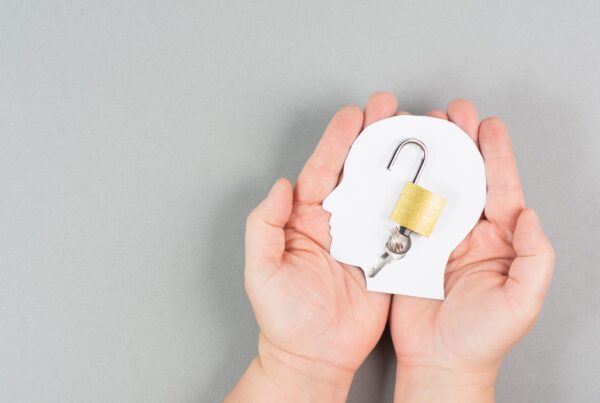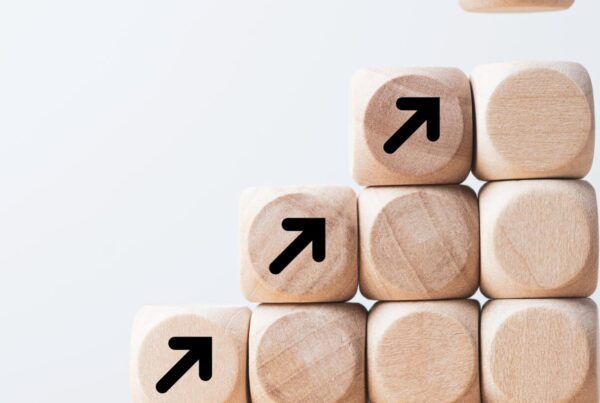Gotta get that quote out, check with the architect, phone home to see what’s up tonight, check back with the boss, return those customer calls…. Arrgh!
It’s tempting to do two – or three – things at once. After all, you’re good at multitasking, right?
Wrong.
According to Psychology Today, “science has consistently shown that the human brain can only sustain attention on one item at a time.” People constantly overestimate their ability to do things at once, because your brain cannot do two things at once.
For example, consider what happens when you talk on the phone while driving. It’s easy, right? In reality, your brain is switching its attention back and forth between two different activities. This works fine as long as nothing urgent happens while your brain is on the other task.
But just ask your local police department… people get hurt or killed all the time because of distracted driving.
When you give all your attention to a task, you get it done faster and better. There’s no switching back and forth, no competition for your mental resources. There’s only undivided focus, which is how we all do our best work.
In contrast, when you split your attention, you tend to miss details, like the fact that your client needed overnight delivery (oops). If you juggle tasks, you end up repeating some or – even worse – paying a penalty for mistakes.
For best results, says Guy Winch, PhD, author of Emotional First Aid, try grouping similar tasks together. “What tends to save the most time is to do things in batches. Pay your bills all at once, then send your emails all at once. Each task requires a specific mindset, and once you get in a groove you should stay there and finish.”
“What tends to save the most time is to do things in batches. Pay your bills all at once, then send your emails all at once. Each task requires a specific mindset, and once you get in a groove you should stay there and finish.”
Guy Winch, PhD, author of Emotional First Aid
Sure, all of us push the envelope a bit. We check our email while waiting in line at the grocery store. We brush our teeth while rehearsing how we’re going to ask for a raise. But the more important a task – and the greater the cost of errors – the more important it is that you focus your attention and do one thing at a time.
If that hasn’t convinced you, this might. Clifford Nass, a communication professor at Stanford, that multitasking trains your brain to continually function in a distracted state. “We have scales that allow us to divide up people into people who multitask all the time and people who rarely do, and the differences are remarkable. People who multitask all the time can’t filter out irrelevancy. They can’t manage a working memory. They’re chronically distracted.”
In other words: FOCUS or ELSE.


